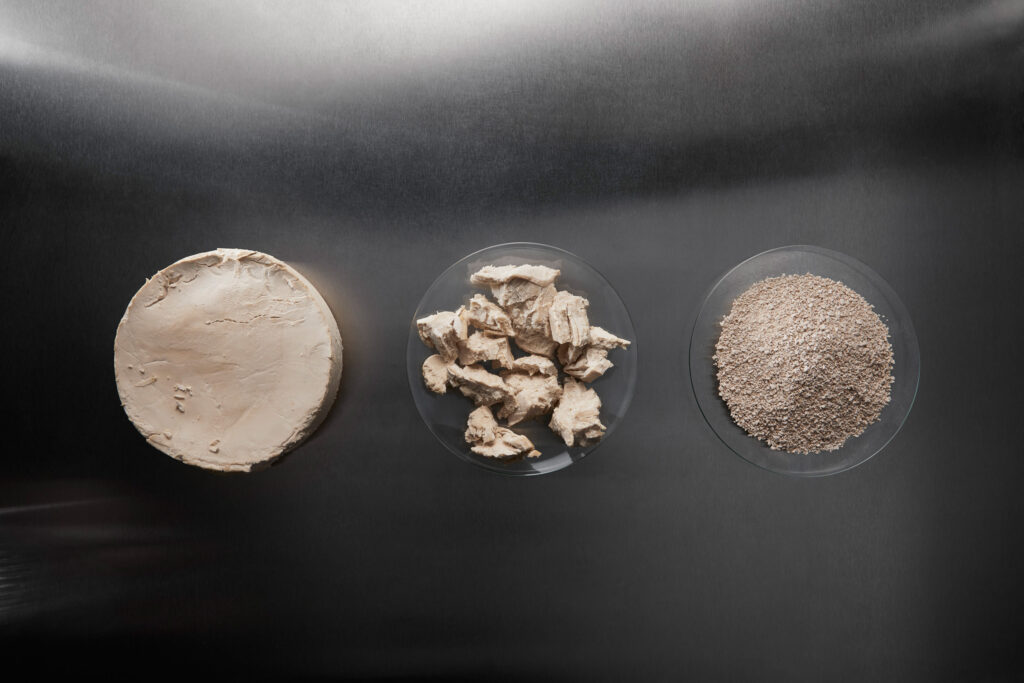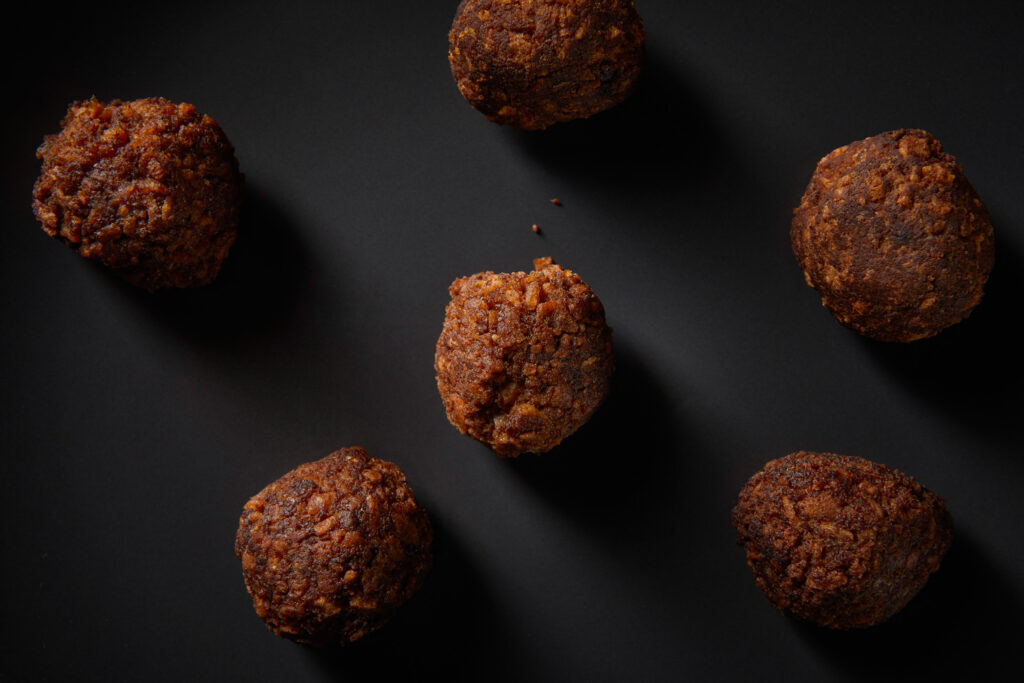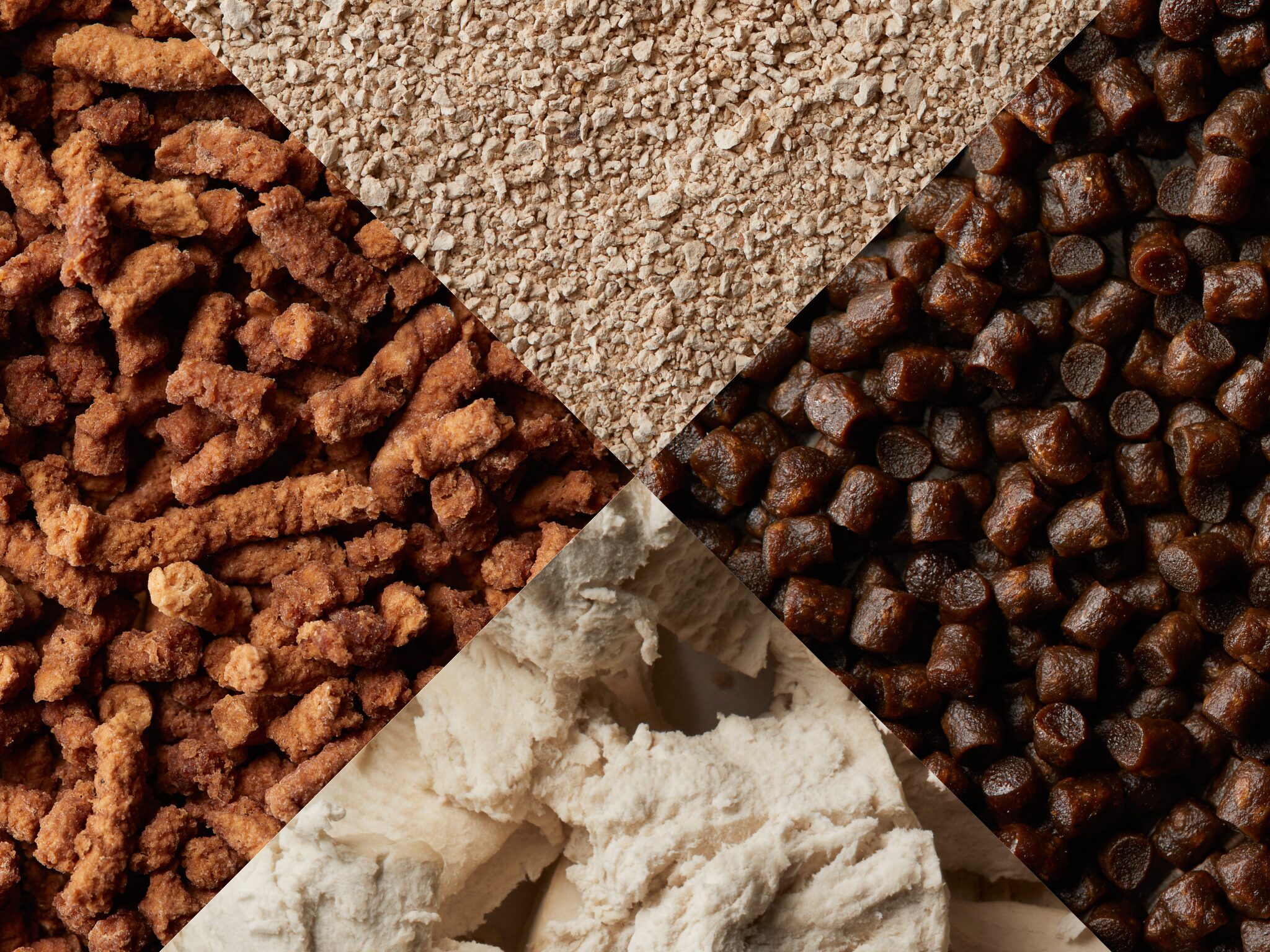Enifer Gets €24M in New Funding to Build Mycoprotein Factory That Will Feed 40,000 People Each Year
5 Mins Read
Finnish biotech startup Enifer has received €24M in new investments to support the construction of a commercial-scale facility for its Pekilo mycoprotein. It expects to receive EU novel food approval by 2026.
The latest set of funding involves a €15M Series B round led by Taaleri Bioindustry Fund I, with participation from existing investors Nordic Foodtech VC, Voima Ventures and Valio. This sum was complemented by a €7M junior loan by the Finnish Climate Fund, and a €2M loan by state-owned financer Finnvera.
In addition to this, Enifer had also received a €12M grant from the EU’s NextGenerationEU recovery instrument in January. It brings the company’s 2024 financing to €36M, which it will use to build a new mycoprotein factory in Kirkkonummi, Finland. The project is expected to be completed by the end of 2025, and will upscale the startup’s process of converting food industry sidestreams into fungi protein ingredients.
The factory is set to cost €33M and slated to be the first commercial plant to produce upcycled mycoprotein. Enifer will use the remaining €3M from the latest investments for “R&D and other ongoing projects that are under development, including finalising novel food dossiers”, according to co-founder and CEO Simo Ellilä. To date, the company has now received €50M in financing, including equity, loans and grants.
“Food production is – even at the level of technologies that can already be scaled – an unsolved key part of the climate challenge. In the future, sustainable food production will be based on several different solutions and the demand for new types of proteins is predicted to grow significantly over the next decade,” said Toni Mikkonen, CEO of the Finnish Climate Fund. “Enifer’s already-tested technology is interesting as the nutrients of various sidestreams can be upcycled and their processing value increased instead of energy use.”
Enifer’s Pekilo protein targets multiple industries

Originating as a spinoff from the VTT Technical Research Centre of Finland in 2020, Enifer was founded by five scientists to further develop and commercialise its Pekilo protein.
The mycoprotein leverages a submerged biomass fermentation process that was originally developed to upcycle forest industry sidestreams into pig and chicken feed in Finland nearly 50 years ago. While the fungal strain was fed with a byproduct of paper making, Enifer has adapted the process to food and agricultural sidestreams to develop food-grade mycoprotein. It currently uses lactose permeate (which is derived from the ultrafiltration of milk to separate lactose from proteins and fats) as one of its feedstocks.
“To make food-grade mycoprotein, we need to use food-grade sidestreams. At the first factory, we are mainly focusing on sidestreams from the sugar/starch industries and dairy industry,” said Ellilä. Valio, [a major dairy company in Finland] is one of our shareholders, and we work closely with them.”
The process – not too dissimilar to making soy sauce or brewing beer – generates a fibre-rich powder with varying quantities of protein, depending on the application. Pekilo can be used in foods for human consumption (with up to 55% protein concentration), pet food (over 60% of protein), and even aquaculture feed (up to 65% of protein).
The mycoprotein powder is also neutral in colour and flavour, enabling use in diverse applications. “In food applications, we’ve successfully used Pekilo in very diverse applications,” said Ellilä. “While we expect the main use cases to be in alt-meat and -dairy products, it also has great promise in baking, cereals, snacks, etc. The fact that it is neutral (beige) in colour and flavour allows it to blend into most recipes.”
Enifer eyes EU novel food approval by 2026

At full capacity, the new factory will be able to churn out around 450kg of mycoprotein per hour. Since it will run for about 11 months of the year (when factoring in maintenance and other breaks), this translates to an annual capacity of approximately 300 tonnes, which will be enough to meet the annual protein needs of 40,000 people.
Producing 1kg of Pekilo emits just 1.66kg of CO2e – that is a 98% smaller footprint than beef, and half as much as milk production. Combining that with the fact that it uses sidestreams to advance the circular economy, it makes for a highly sustainable future food ingredient.
Enifer’s factory will be built as a brownfield project – instead of constructing it on new land, it’ll tap into a previously used industrial site. The location is a 30-minute drive to Enifer’s existing R&D plant in Helsinki, and offers the new factory utilities like steam, electricity, process and cooling water, and wastewater treatment. It’s expected to ramp up operations in 2026.
Later this year, Enifer will file a novel food dossier to the European Food Safety Authority (EFSA), whose approval is required to commercialise Pekilo. “Our factory will be based in Finland, and expected to mainly serve the Nordic market. Therefore, we need access to the EU, so we’re filing with EFSA, said Ellilä. “Since that is also the most difficult one, we plan to use the generated data to also file in Singapore, and the US in the not-too-distant future.”
The company has already established industry partnerships with major players, including Nutreco’s aquafeed division, Skretting, and pet food giant Purina. “We produce a dry ingredient powder. We are bioprocess engineers and our company’s core know-how is in the production process,” Ellilä said when asked why Enifer opted for a B2B approach.
“Food companies are best placed to make final B2C products, with their existing product formulators, sales channels and marketing. It’s hard enough for a start-up to fund a factory – building another factory for consumer products, plus sales, marketing, etc. is not realistic for us,” he added.
Enifer is part of a rapidly growing fungi protein space. Fellow mycoprotein player Enough is also constructing a facility for its Abunda mycoprotein, following a €40M Series C round last year. Quorn, meanwhile, has been selling mycoprotein-based meat analogues since the 1980s. And, earlier this month, mycelium meat producer Meati bagged a $100M investment to fuel its retail expansion.




